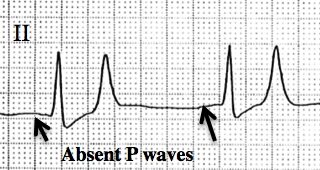EM Cases emergency medicine education podcast
Journal Jam 8 – Dilute Apple Juice for Pediatric Gastroenteritis
This is EM Cases Journal Jam podcast on a randomized control trial of dilute apple juice vs PediaLyte for mild pediatric gastroenteritis. While IV rehydration is required in cases of severe gastroenteritis (which we rarely see in North America) and oral rehydration with electrolyte maintenance solutions is still the mainstay in treating moderate gastroenteritis, could better-tasting, more cost-effective fluids such as diluted apple juice be just as effective as traditional electrolyte solutions in milder cases? Listen to Dr. Justin Morgenstern (@First10EM) interviewing Dr. Stephen Freedman, the world-renowned pediatric EM researcher who put ondansetron for pediatric gastroenteritis on the map and who was one of our guest experts on our main episode on Pediatric Gastroenteritis, Constipation and Bowel Obstruction, about this practice-changing paper. This is followed by a hilarious rant on the topic from Dr. Anthony Crocco ("Ranthony"), the Division head and medical director of pediatric EM at Hamilton Health Sciences.










